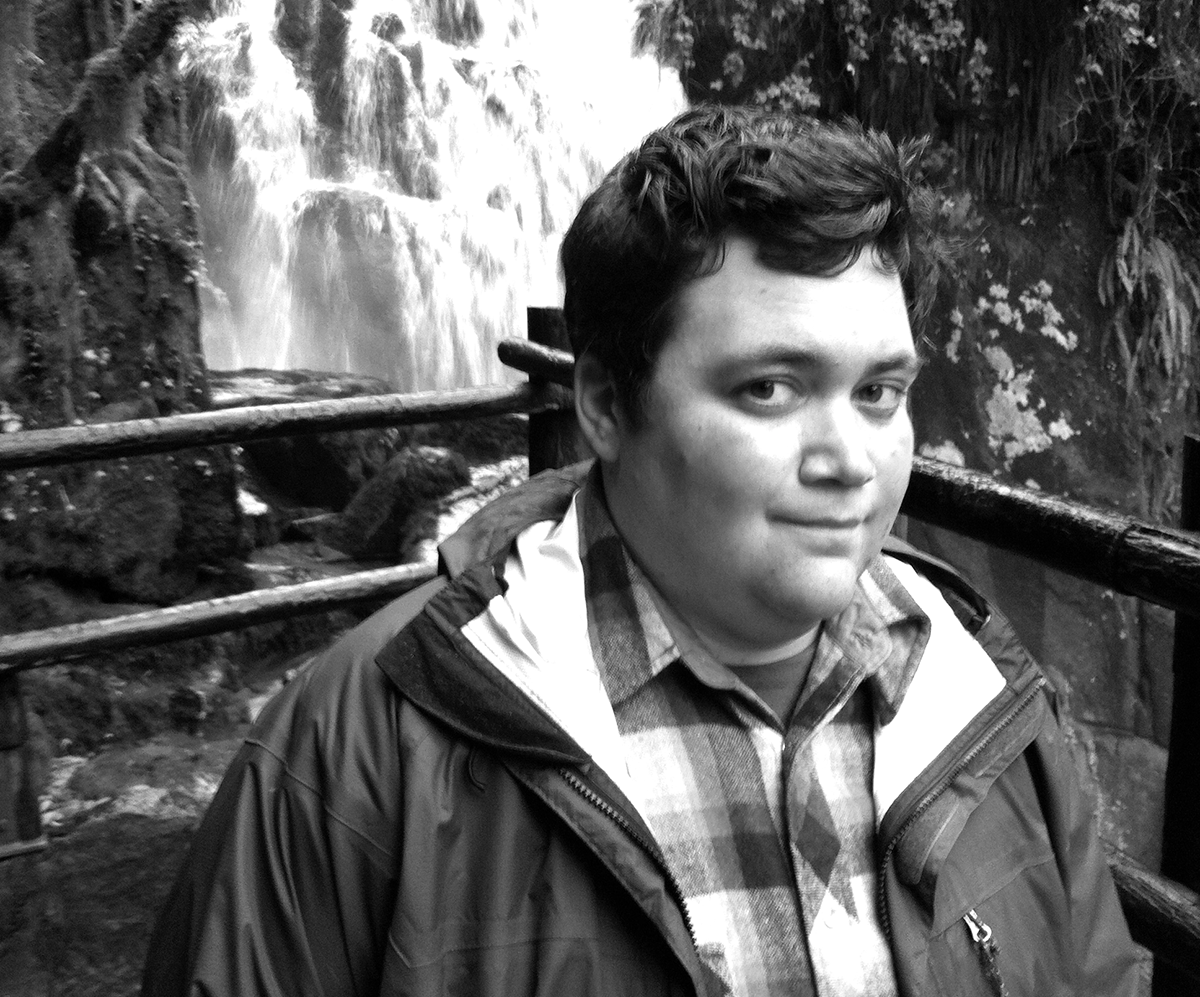
by Miriam Abelson, PhD candidate, UO Department of Sociology
Upon starting the doctoral program in the Department of Sociology five years ago, I was confronted by the common first year graduate student problems of regularly questioning if I really belonged in the profession and whether I would find support for my work. These feelings only started to fade upon my first contact with CSWS through joining the Social Sciences Feminist Network Research Interest Group (SSFN-RIG). Since then CSWS has provided tremendous support for my research and numerous opportunities for growth during my time as a graduate student at the University of Oregon. As a funding recipient and RIG member and coordinator, the encouragement and mentorship from these overlapping communities of feminists have not only provided me with the feeling that I do, indeed, belong here, but also with vital support for my research and development as a leader.
Through CSWS funding I have realized one of the central aims of my research of increasing understanding of transgender people’s lives in understudied regions and rural places. With the support of graduate research grants I have travelled to the Midwest and Southeast to interview transmen—female to male transgender people—about their experiences as men. Due to this funding I have been able to recruit a wider range of research participants, which has helped tease out how race, sexuality, and gender intersect in transmen’s lives. With the support of the Jane Grant Dissertation Fellowship I will be able to focus solely on my dissertation in AY 2013-2014. The dissertation project combines the interviews in the Midwest and Southeast with interviews from California as a comparative regional analysis of the lives of transmen. This support from CSWS has enhanced the research itself, but also demonstrated that I had a community of feminists who saw the value of my intellectual work.
Beyond support for my research, the RIGs have also been a key source of intellectual community and support. The Queering Academic Studies RIG has provided a rich environment to engage with queer texts and research with graduate students and faculty from across the university, as well as professionalization workshops that have been invaluable as I learned to navigate the academy as a queer scholar. My involvement with the SSFN-RIG has provided significant research and leadership experience in my time at the UO. The SSFN-RIG was a lifeline during my first two years in the doctoral program in sociology. Through the group I grew closer to other feminist graduate students and faculty without whose mentorship and support I would not have developed the confidence and institutional knowledge that led to many of my achievements. Through our collaborative research project on inequality and time use among academics—carried out over two academic years—I developed a wider range of research skills that have been helpful in completing my own research. These experiences were crucial for learning how to study inequalities in a collaborative process while being conscious of not reproducing them among this group of feminists.
My most formative experiences with the SSFN-RIG were my two years as co-coordinator [AY 2010-11 and AY 2011-12]. Coordinating a non-hierarchical feminist research group provided me leadership experience in facilitating the development of a group’s vision and putting it into action. In the first year I was lucky to work closely with co-coordinator Sarah E. Cribbs, now an assistant professor in the Department of Sociology at Georgetown College. In the RIG, Sarah found the kind of critically engaged dialogue that she needed to be able to grow as a feminist scholar. We worked together in that first year to coordinate the completion of the analysis portion of our research project and hold a symposium, “Inequality in Academia,” to disseminate our findings to the university community and beyond. For Sarah, me, and other RIG members the project and symposium provided valuable connections to graduate students and faculty at the UO as well as researchers from elsewhere doing similar work. This close working relationship with an advanced graduate student was wonderful leadership training. I continued to grow and learn in my second year working with co-coordinator Stephanie Raymond, a doctoral student in sociology. We worked to develop the community aspects of the RIG by focusing on the research of individual members, RIG building, and professionalization workshops. Stephanie recounted that she gained valuable leadership experience as a co-coordinator in addition to meaningful support through a CSWS travel grant to present her work on adoption loss at the Pacific Sociological Association’s annual meetings.
From a first year student beset with impostor syndrome, to being on the cusp of completing my dissertation as the recipient of a prestigious fellowship, CSWS has been a crucial source of support, mentorship, and leadership experience that will fuel my work as a scholar for years to come.
—Miriam Abelson, PhD candidate, UO Department of Sociology, has been the recipient of two CSWS Graduate Student Research Awards in addition to the 2013 CSWS Jane Grant Dissertation Fellowship. She is also working toward a graduate certificate from the Department of Women’s and Gender Studies and has served as a graduate teaching fellow in sociology, ethnic studies, and women’s and gender studies.

